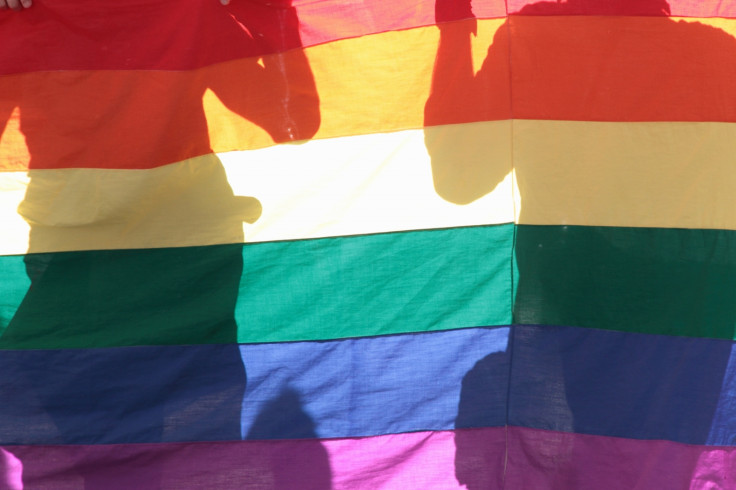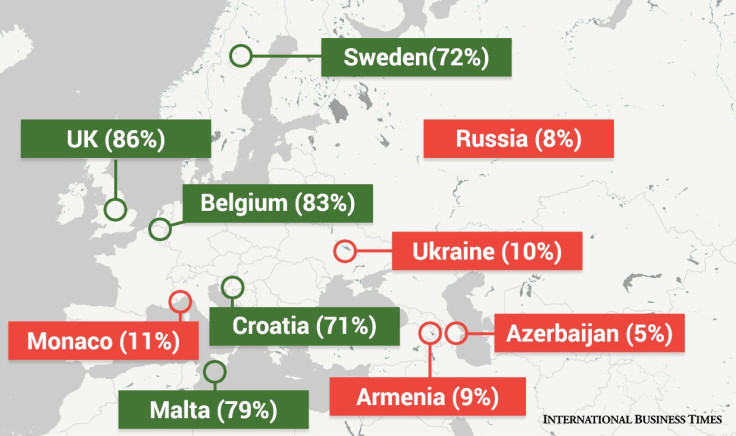International Day Against Homophobia, Transphobia and Biphobia: A history of the LGBT rights day

The International Day Against Homophobia, Transphobia and Biphobia marks 25 years since homosexuality was removed from the International Classification of Diseases in 1990. In just a quarter of a century, LGBT rights have progressed phenomenally – including with the legalisation of same-sex marriage in recent years.
The day was conceived in 2004 and after a year-long campaign, the International Day Against Homophobia was first celebrated in 2005. Around 24,000 individuals, as well as LGBT rights organisations, signed an appeal to support the "IDAHO initiative" with events from China to the Congo.
In 2009, transphobia was added to the name of the campaign. The focus that year was on violence and discrimination against trangender people, which was supported by more than 300 NGOs from 75 countries. In May 2005, France became the first country in the world to remove transgender from its list of mental illnesses. This year is the first year Biphobia was included in the name of the campaign.
In May 2005, France became the first country in the world to remove transgender from its list of mental illnesses. This year is the first year biphobia – referring to prejudice against bisexual people – was included in the name of the campaign.

How have LGBT rights progressed?
"Enormous legal progress for lesbian, gay and bisexual equality has been made since Stonewall was founded 25 years ago," says Matt Horwood, of the charity Stonewall. "As well as the repeal of Section 28, gay people can now openly serve in the military, the age of consent is equal, same-sex couples can marry and it's illegal to be discriminated against because of your sexual orientation."
"However, there's still lots to do in terms of laws that specifically affect trans people," he adds. "Reforming laws affecting trans people is a concern of ours and we must look to work with the new government in addressing this. Lesbian, gay, bisexual and trans people are still not treated equally by society and face discrimination every day. And until all people are accepted without exception – our work continues."
Earlier this year, the charity incorporated transgender rights within its campaign.
"Stonewall became trans-inclusive in February 2015 after a six-month consultation with over 700 trans people. We know that together, we're stronger, and we look forward to working towards improving the lives of lesbian, gay, bisexual and trans people in the UK and abroad," Horwood says.
"A focus of ours is reforming laws affecting trans people and we hope to work with the new government to ensure this is addressed. You can learn more about Stonewall's journey to becoming trans-inclusive, and how you can get involved with this work, at www.stonewall.org.uk/trans."
© Copyright IBTimes 2025. All rights reserved.



















